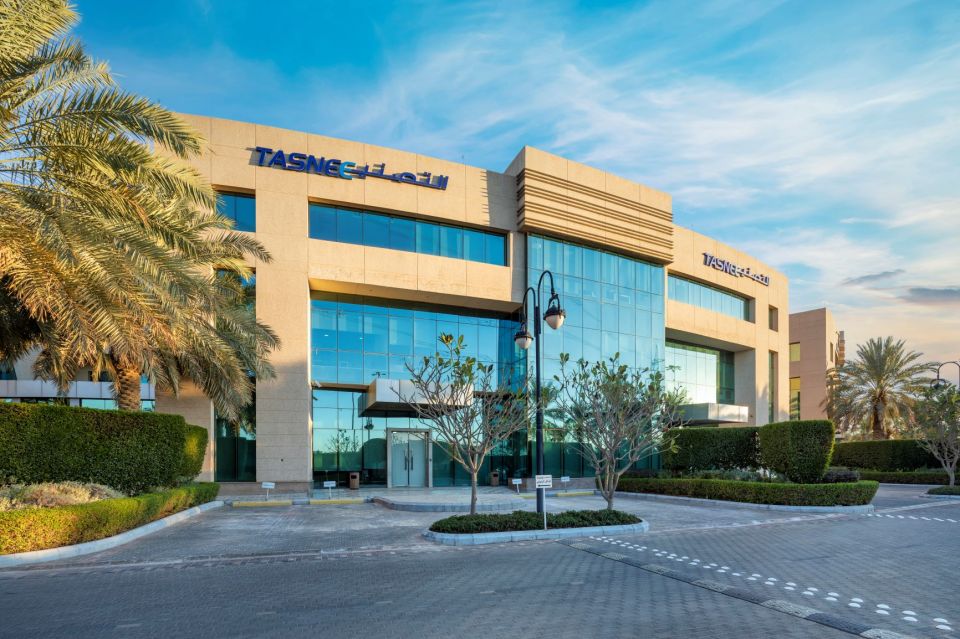How private sector firms like TASNEE are powering Saudi success

Ask Mutlaq Al-Morished to sum up Saudi’s economic transformation in one word, and you hear the same one you hear across the Kingdom.
“It is amazing. Amazing,” he tells Inside Saudi.
He should know. As the boss of Tasnee, he has a unique viewpoint on the country’s economic history. The ‘National Industrialisation Company’ – known as Tasnee – was the country’s very first industrial, joint stock company wholly owned by the private sector, back in 1985.
Since then it has grown to become a leading global player in petrochemicals, chemicals, plastics, and metals manufacturing, industrial services and environmental technologies. For all the noise around Saudi-based megaprojects and the extraordinary growth of new tourism and economic zones, Tasnee is an example of a Saudi powerhouse that has made its mark not just on the domestic stage but on the international one.
“Most people don’t know that Saudi Arabia is the third largest producer of chemicals on earth – we’re only second to the US and China. We’re bigger than Germany and Japan,” he says. The firm exported its first pig iron to the US last year; itself a by-product of the purification process in Tasnee’s titanium value chain production.
The firm’s growing role in global titanium – it is building the world’s largest smelter for the production of high-grade titanium feedstock – puts Tasnee in an advantageous position, not least as some of the Kingdom’s best known names are going to be in need of plenty of the metal soon enough.
Tasnee produces around 10 per cent of the world’s titanium sponge, a vital piece of kit for everything from airplanes to submarines.
“Commercial airlines are the biggest user. The planes are made from aluminium and carbon fibre, and what holds them together are rivets made from titanium sponge, which is three times lighter and three times stronger than aluminium. The titanium handles the stress of taking off and landing,” Al-Morished tells me.
The deal, then, that saw KSA commit to $37bn-worth of Boeing planes is “important.” But Al-Morished is clear the business will need to win contracts on Tasnee’s merits: there are no special favours that come with being a Saudi company.

Much of the coverage of Saudi’s economic transformation focusses on public sector projects, or at least those backed by the sovereign wealth fund. Tasnee – listed on the Saudi stock exchange – is a perfect example of a very different kind of Saudi success story.
Al-Morished, who studied at Stanford and Princeton, is effusive about the private sector’s role in the country’s move forward.
“The private sector is more efficient, more productive than the public sector. That’s plain everywhere, and the Kingdom is no different. The government knows that the private sector needs to be in the game, because they’re the ones who really move the economy at the end of the day,” he says.
But Al-Morished does acknowledge things have changed. Dealing with government has become easier, with “more efficient” processes across the board that trim down the administrative burden of everything from setting up a company to registering workers. That allows him to do more of what he’d like to do – building a global business in Saudi’s thriving petrochemical sector – and infrastructure, like Saudi’s special economic zones and ports, is of course helping in that task too.
With a broad range of in-demand products, supply chain presence in some of the world’s rarest metals and a business at the heart of an economy growing by almost 8 per cent a year, Tasnee looks uniquely positioned to enjoy considerable expansion in the coming years.
